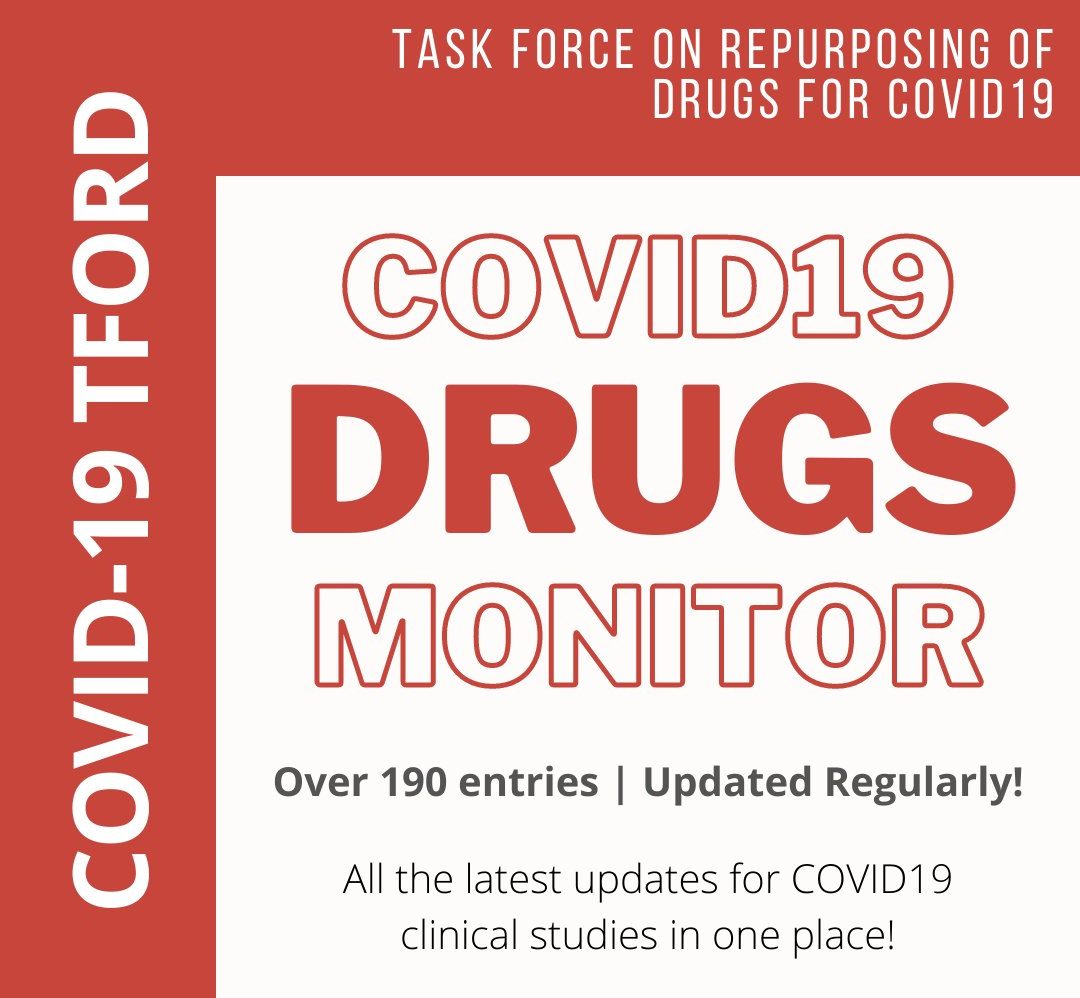(10 Nov 2020) Tocilizumab-associated with significant improvement of blood coagulation parameters
Interleukin-6 receptor blockade with subcutaneous tocilizumab improves coagulation activity in patients with COVID-19
https://doi.org/10.1016/j.ejim.2020.10.020
The aim of this study was to evaluate the effects of subcutaneous tocilizumab, a recombinant humanized monoclonal antibody against the interleukin-6 receptor on coagulation parameters. Hospitalized adult patients with laboratory-confirmed moderate to critical COVID-19 pneumonia and hyperinflammation, who received a single 324 mg subcutaneous dose of tocilizumab on top of standard of care were enrolled in this analysis. Coagulation parameters were measured before tocilizumab and at day 1, 3, and 7 after treatment. 70 patients (mean age 60 years, interquartile range 52-75) were included. Treatment with tocilizumab was associated with a reduction in D-dimer levels (-56%; 95% confidence interval [CI], -68% to -44%), fibrinogen (-48%; 95%CI, -60% to -35%), C-reactive protein (-93%; 95%CI, -99% to -87%), prothrombin time (-4%; 95%CI,-9% to 0.8%), and activated thromboplastin time (-4%; 95%CI,-8.7% to 0.8%), and an increase in platelet count (34%; 95%CI, 23% to 45%). The improvement in coagulation was consistently observed in patients receiving prophylactic or therapeutic dose anticoagulants, and was paralleled by a rapid improvement in respiratory function. Subcutaneous tocilizumab was associated with significant improvement of blood coagulation parameters independently of thromboprophylaxis dose.
